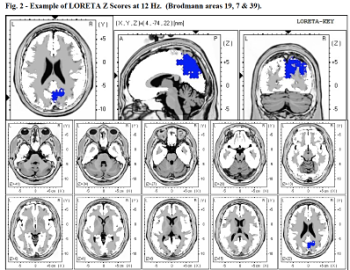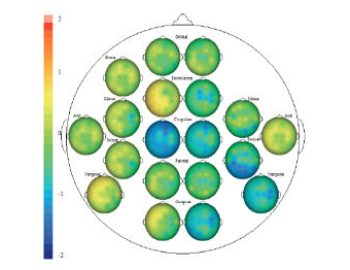Hope & Healing Begins!
At Elumind, as a leading brain health centre, we take a holistic approach to treating your brain so you can find hope, healing and unlock your full potential. Reach out to us for a FREE 15 MINUTE PHONE CONSULTATION to understand more about the exciting advances in neuroscience and how we’re applying them.Just click the appropriate brain health box that best applies to you or a loved one. Then BELOW click Next. With your information, our client care will be able to optimize a free phone consultation with you.
Ready to begin your healing journey?







